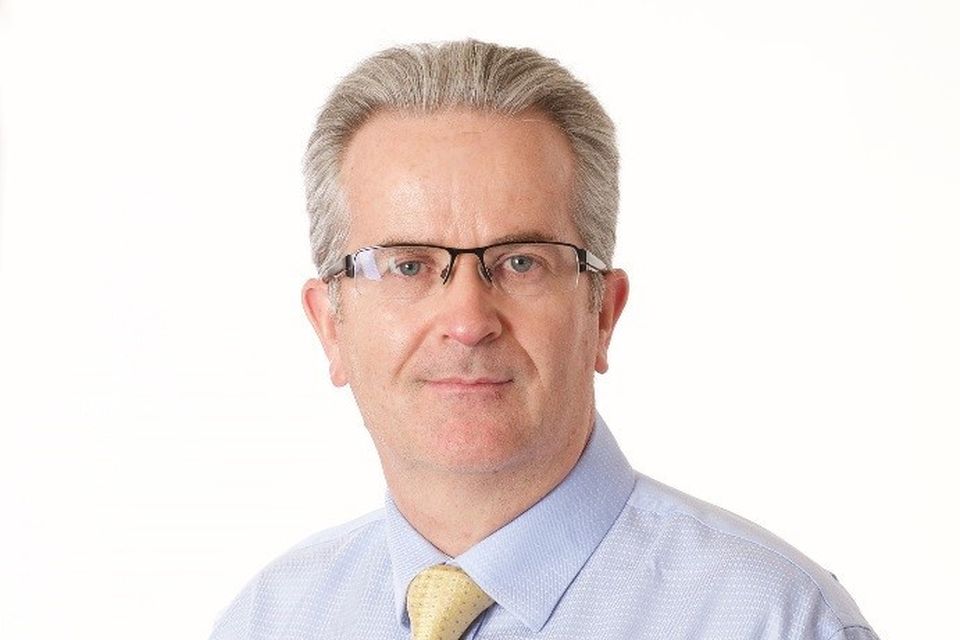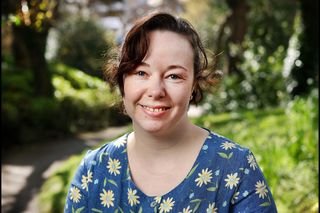Time-critical cancer surgeries cancelled due to trolley crisis as hospitals ‘overwhelmed’ with urgent care, expert warns
Professor John Kennedy says a number of radiotherapy machines were lying idle due to staff shortages
Professor John Kennedy said there should be more clinical trials but red tape is blocking doctors.
Cancer patients in need of time-critical surgeries have suffered cancellations due to hospital overcrowding, a leading medical expert warned yesterday.
Professor John Kennedy, an oncologist at St James’s Hospital, also said that a number of radiotherapy machines were lying idle due to a lack of specialist staff.
He added that only around 2pc of cancer patients in Ireland had access to clinical trials, when the figure should be as high as 10pc – but doctors who want to carry them out are caught up in red tape.
“The real hallmark of excellent services is having plenty of clinical trials available for patients. We have enormous problems doing it and the regulatory environment is oppressive,” Prof Kennedy said.
In response to surgery cancellations, the HSE insisted that hospitals go through the surgeries list and try to prioritise time-critical cancers.
Prof Kennedy said that because of the high numbers of patients coming through the emergency department needing a bed, “we are continually having time-critical surgeries delayed”.
“This is because doctors cannot bring cancer patients into the hospital for surgery in order to make room for people coming through the emergency department. The hospital is overwhelmed with urgent care,” he said.
Improvements in cancer survival rates had slowed in Ireland and it was “a disgrace” that so many patients were missing out on clinical trials where they could get access to new therapies, he added.
Prof Kennedy was appearing with officials from the Irish Cancer Society at the Oireachtas Health Committee to express concern at the underfunding of the national cancer strategy launched by Taoiseach Simon Harris when he was health minister in 2017.
Read more
HSE chief clinical officer Colm Henry said in daily meetings about the trolley crisis in recent months that it was “exceptional” for time-critical cancer surgery to be cancelled and the same applied to chemotherapy due to the clinical importance and the distress to patients.
No funding to progress new developments in the strategy running from 2017 to 2026 was allocated this year, despite a request by the HSE.
Irish Cancer Society chief executive Averil Power said patients “deserve the best possible chance both of surviving cancer and of having a good quality of life afterwards”.
“Sadly, people with cancer are not being given that chance in Ireland today due the failure to fund the implementation strategy,” she said.
“Words are no comfort to someone languishing on a waiting list for a cancer test, getting more worried by the day.
“Or to the healthcare professional trying to do their best in a chaotic system, knowing their patients aren’t getting the standard of care they deserve.
“We are concerned that Ireland’s cancer outcomes may have stagnated or even disimproved.”
Waiting times for radiation therapy have increased, with expensive equipment lying idle in several hospitals due to an ongoing shortage of radiation therapists.
Four out of 10 patients in need of radiotherapy are not receiving the treatment because of the delays.
The meeting was told that delays in sorting out visas for radiation therapists coming to Ireland from abroad, who could fill vacant jobs, are dragging on.
Dr Henry said cancer survival rates were improving in Ireland and the number of people living with or after a cancer diagnosis was increasing.
At the end of 2021, there were 215,000 people living with or after a diagnosis of invasive cancer.
There have been positive trends witnessed in incidence, stage and survival consistent with improvements in early detection and patient outcomes, with clear evidence for the additional benefits of screening, the National Cancer Registry Ireland for 2022 on national trends for cancers with population-based screening showed.
“Detection, survival and death rates are all improving for people who have participated in screening,” Dr Henry said.
Fiona Murphy, head of screening services at the HSE, said the HPV vaccine given to teenage girls to prevent the development of cervical cancer was already having an impact.
Ms Murphy said the cervical cancer rate had been 15 per 100,000 women before the start of the screening programme.
But she said it had since dropped to around 10 in 100,000.
With the HPV vaccine, it would fall to four in 100,000, she added.
New patient pathways are being introduced, including a mammography-only pathway for symptomatic breast disease, and a dedicated pathway for people with a family risk of breast cancer.
Asked about access to new drugs, Dr Henry said that if the HSE accepted the list price asked by pharmaceutical companies over the past five years, it would have cost an extra €1bn.
“The process is frustrating for us – wanting to get drugs to patients,” he said.
The drugs must be at a fair price, not any price, he added.
Read more
Join the Irish Independent WhatsApp channel
Stay up to date with all the latest news














